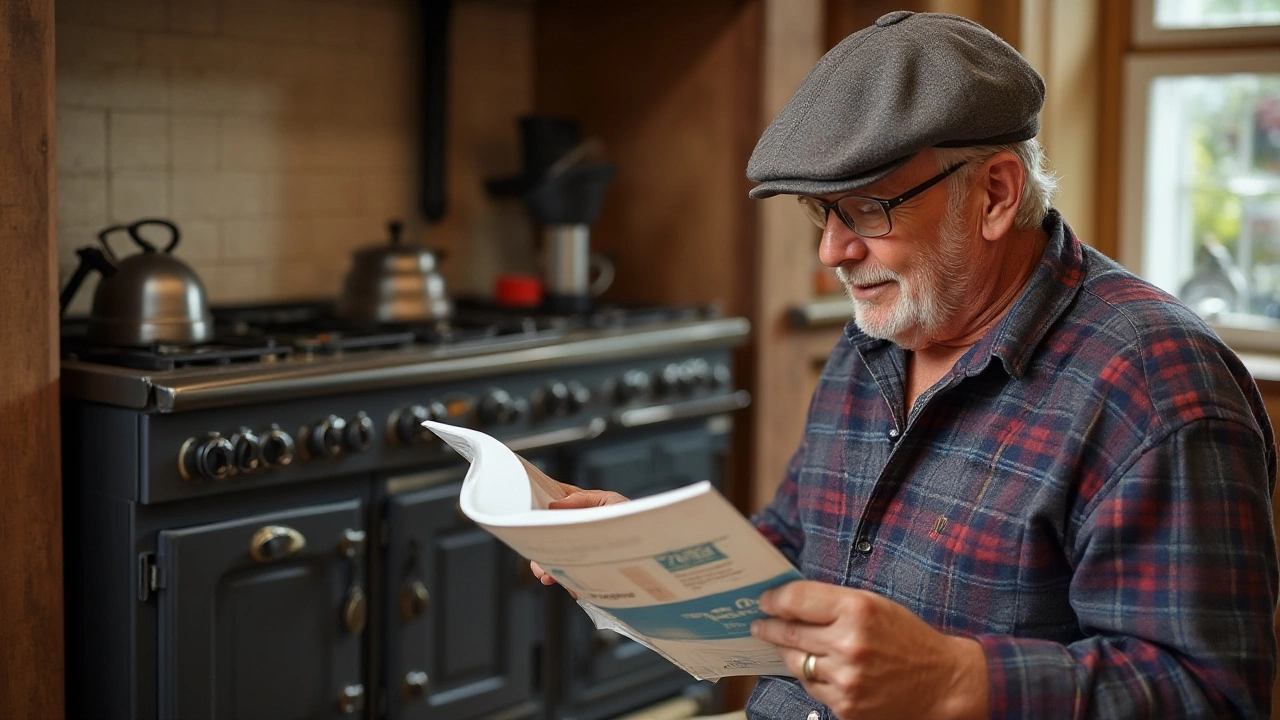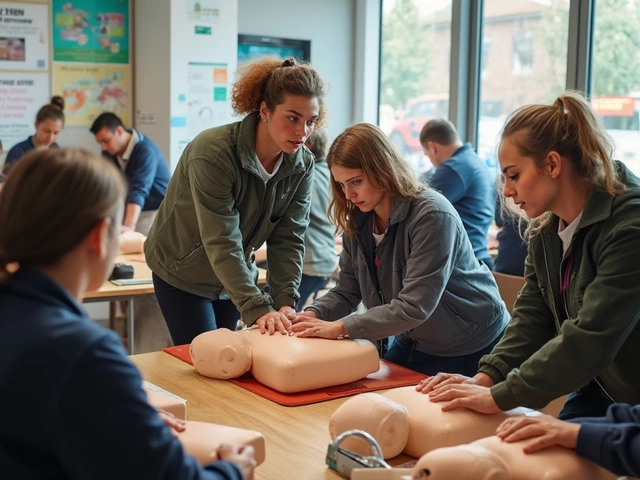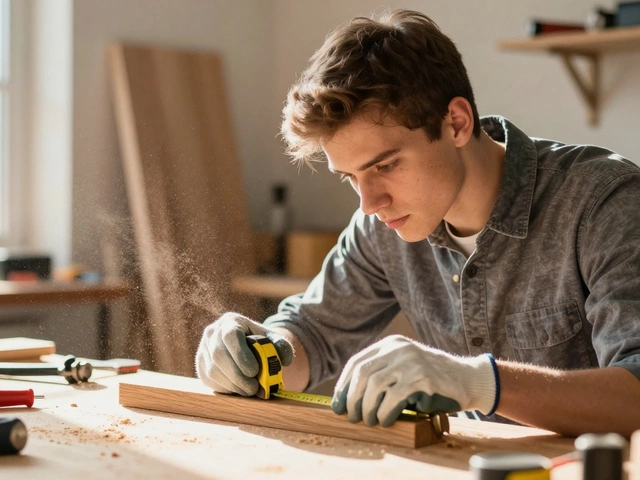Beginner Plumbing: Get Started with the Right Skills and Tools
Thinking about a career in plumbing or just want to fix a leaky tap yourself? You don’t need years of experience to begin. All you need is the right basics, a few essential tools, and a solid training plan. Below you’ll find the most useful steps to turn curiosity into real competence.
What Every New Plumber Must Know First
Start with the plumbing language. Terms like fixture, trap, valve, and union appear in every job sheet. Knowing them saves you from costly misunderstandings. Next, learn the two main water systems: cold water and hot water. Cold water runs straight from the mains; hot water is heated by a boiler or immersion heater and moves through a separate loop. Understanding how these loops interact helps you spot where a problem starts.
Safety is non‑negotiable. Always turn off the water supply before you begin any work and wear safety glasses and gloves. If you’re dealing with gas‑related appliances, get an accredited gas safety certificate before touching anything. A simple safety check can prevent burns, floods, and even explosions.
Must‑Have Tools for the Beginner Plumber
You don’t have to buy a full toolbox right away. Focus on these five items:
- Adjustable wrench – works for most nuts and bolts.
- Pipe cutter – gives clean cuts on copper, PVC, or PEX.
- Thread seal tape – stops leaks where threads meet.
- Plunger – the first line of defense against clogs.
- Pipe wrench – essential for bigger fittings and stubborn joints.
With these in hand, you can tackle most common household jobs: fixing a dripping faucet, replacing a shower head, or unclogging a drain.
Now that you know the basics, the next step is formal training. GoSkill Vocational Training offers beginner plumbing courses that cover pipe layouts, water pressure testing, and basic fitting techniques. Their hands‑on approach lets you practice on real‑world setups, so you leave the classroom ready to work on actual homes.
When picking a course, ask yourself:
- Does it include a practical component?
- Is the instructor certified by a recognized plumbing body?
- Will the course help you achieve an NVQ Level 2 or equivalent?
If the answer is yes, you’re on the right track. Most beginner programs last between four and eight weeks, depending on part‑time or full‑time schedules. After completing the course, you’ll receive a certificate that employers recognise across the UK.
Beyond coursework, real‑world experience matters. Volunteer with a local trade charity, help a neighbor with a small fix, or ask a licensed plumber if you can shadow them for a day. Those on‑the‑job lessons cement what you learned in class and boost confidence.
Finally, keep learning. Plumbing technology evolves—think about water‑saving fixtures, smart leak detectors, and PEX pipe systems. Subscribe to a plumbing magazine, join online forums, and attend industry webinars. The more up‑to‑date you stay, the more valuable you become to clients and employers alike.
Bottom line: start with the language, grab the core tools, enroll in a reputable beginner plumbing course, and get hands‑on practice. Follow these steps and you’ll move from DIY fixes to a solid foundation for a plumbing career.




